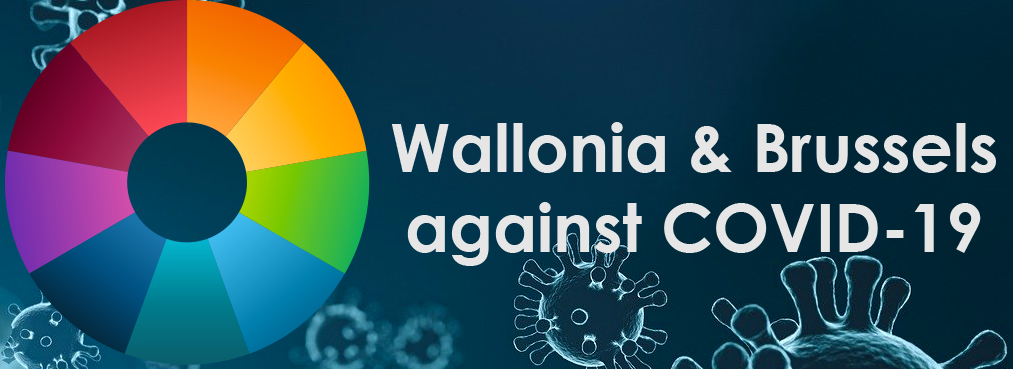Souad Rahmouni, Doctor
GIGA-Institute, ULiège - FNRS - Royal Academy of Sciences, Letters and Fine Arts of Belgium
" The main objective of our research program is the identification of human genetic factors impacting the COVID19 pandemic. Within the COVID-19 host genetics initiative (https://www.covid19hg.org/), we will establish a shared set of phenotypes to be combined with genomic data for standard GWAS and further meta-analysis. Field of expertise of our laboratory : genetics, genomics, bioinformatics, immune-response related diseases. In addition, the GIGA Institute is an interdisciplinary research institute from the ULiege devoted to academic excellence in the biomedical sciences to foster ground-breaking medical innovation. It comprises 583 members attached to six faculties (Medicine, Science, Veterinary Medicine, Engineering, Agbiotech, Psychology) that are organized in four disease-based (neuroscience, cancer, infection-inflammation-immunity, cardiovascular) and two method-based thematic units...


